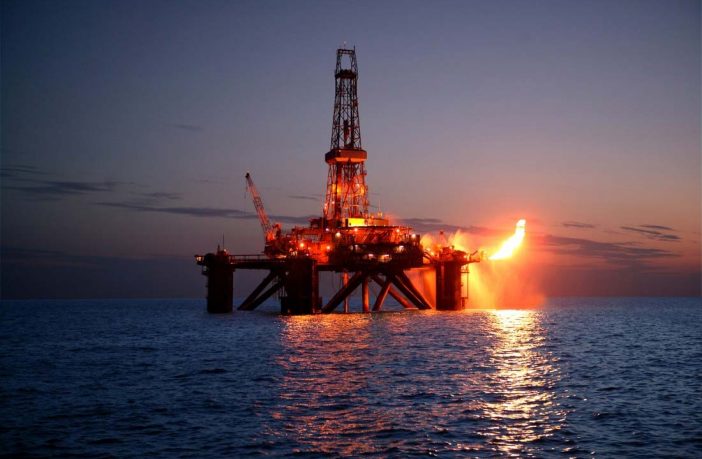- A new factsheet on the harms of gas brings together global scientific evidence and expert local research to show why investing in gas as an energy source in South Africa is unnecessary, economically risky and comes with a number of public health and climate change threats.
Over the last 18 months there has been an accelerated effort by private interests and some government decision-makers to expand investment in natural gas as an energy source in South Africa, ostensibly as part of the “just transition”.
This “dash for gas” has been met with stiff resistance from civil society and local groups. At present, government’s plans to procure new gas power have all been challenged, including by way of public interest litigation.Yet the narrative of gas being a viable alternative to coal, and a necessary part of South Africa’s future energy mix, continues to be perpetuated.
Related news: Is your gas stove bad for your health?
Briefing reporters on the sidelines of the Africa Oil Week conference in Cape Town yesterday, South Africa’s Minister of Mineral Resources and Energy, Mr Gwede Mantashe, said the government will fight on with gas exploration projects.
“Government has been going to court on exploration. We have had some cases. You will realise that the energy debate is very ideological and can be technical. If there are movements that are under development, they will win their cases in court at that time. It will not kill our enthusiasm,” said Mantashe.
Related news: Shell, Impact Africa and Mantashe seek to appeal Wild Coast seismic survey judgement
We are told that gas is cleaner than coal and that we cannot do without it on our way to a greener future. The science, however, says otherwise. In support of increasing awareness of the many harms that gas poses at every stage of its lifecycle, the Centre for Environmental Rights has published a factsheet titled “Why gas is dirty and dangerous”.
The factsheet provides compelling and accessible evidence showing that:
- Gas is a major contributor to climate change
- Gas poses serious threats to human health at every stage of its lifecycle, including adverse birth outcomes and premature mortality
- The extraction, processing, transport and use of gas leads to land degradation, air and water pollution and habitat and bio-diversity loss
“Research shows that instead of committing South Africa to the long-term harmful effects and expense of gas, we should instead be focusing on renewable energy as the quickest and cheapest way of increasing our energy capacity,” says CER attorney Gabrielle Knot
This factsheet is the first in a series on the dangers of gas to both people and the planet, to be released in the coming months.
Author: Bryan Groenendaal
















1 Comment
Pingback: South Africa why gas is dirty and dangerous – Centre for Environmental Rights